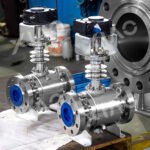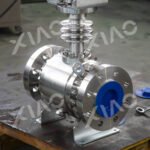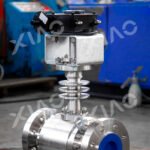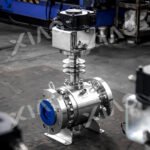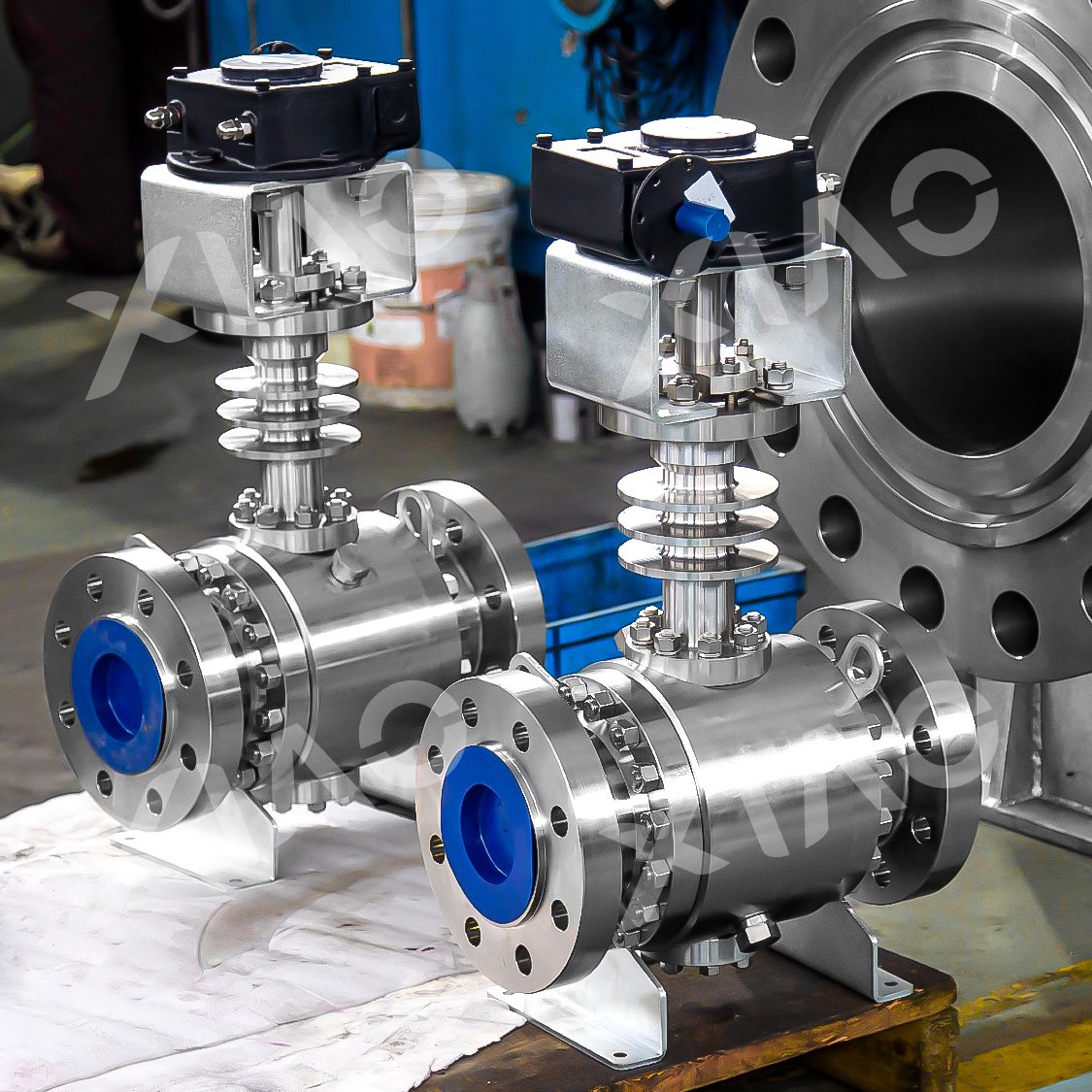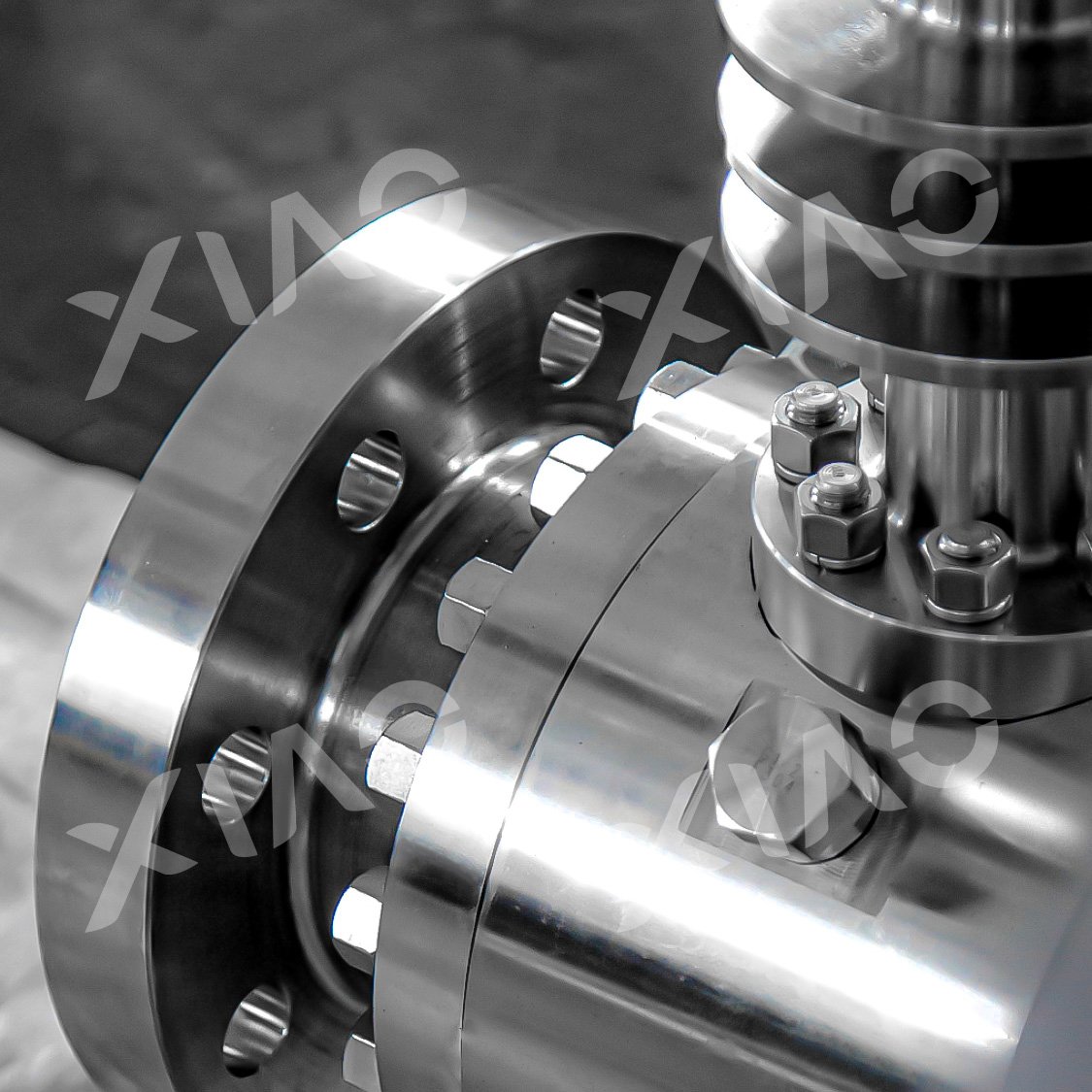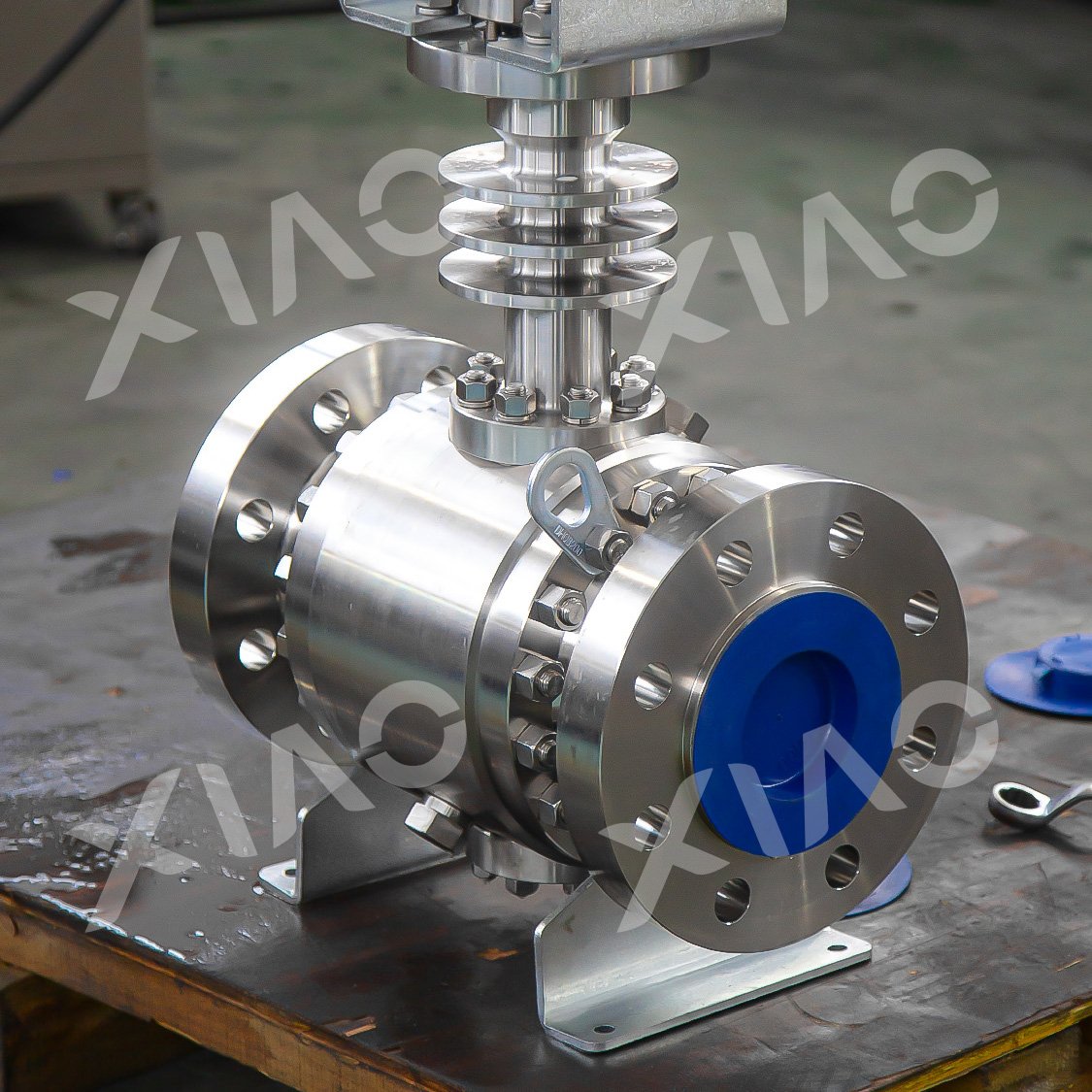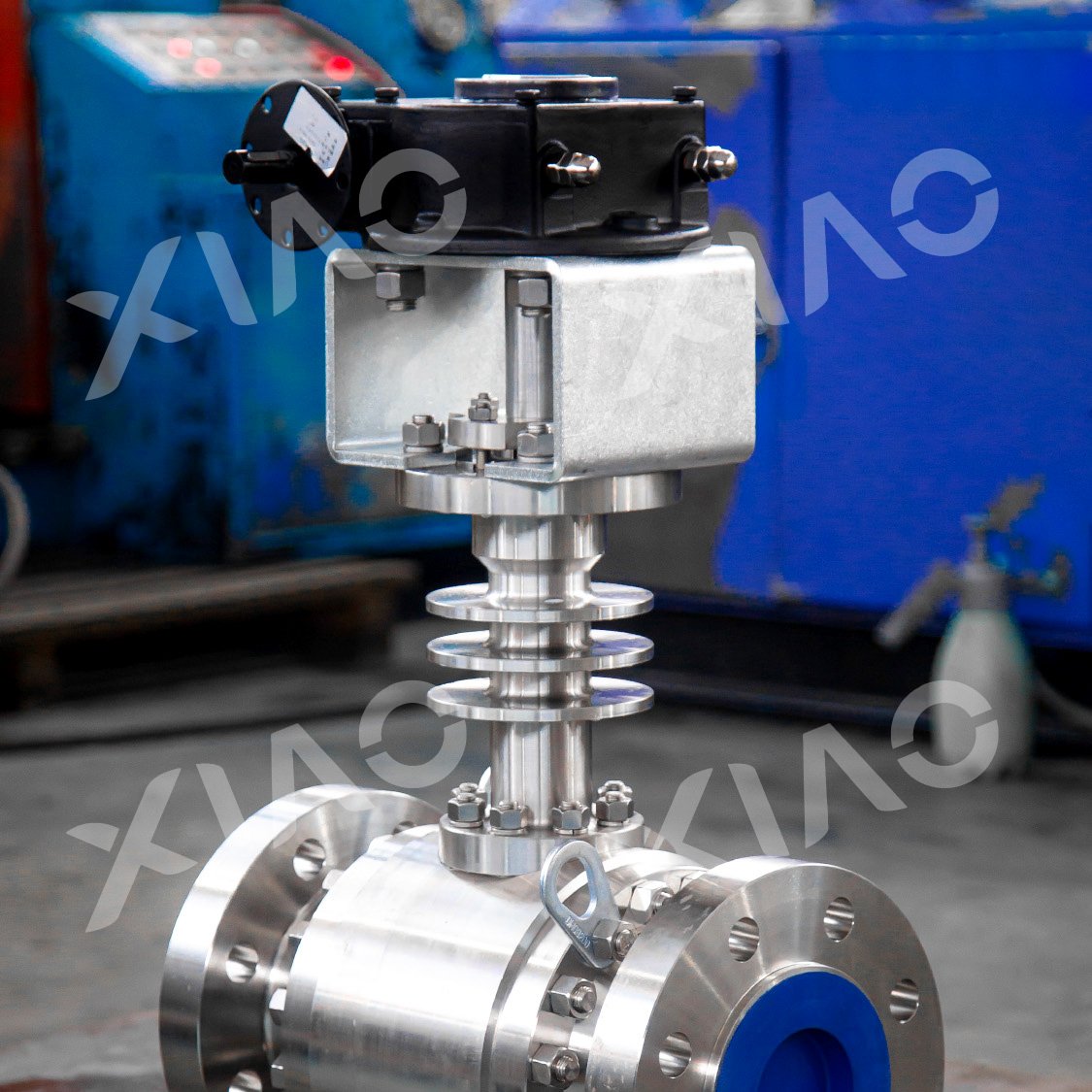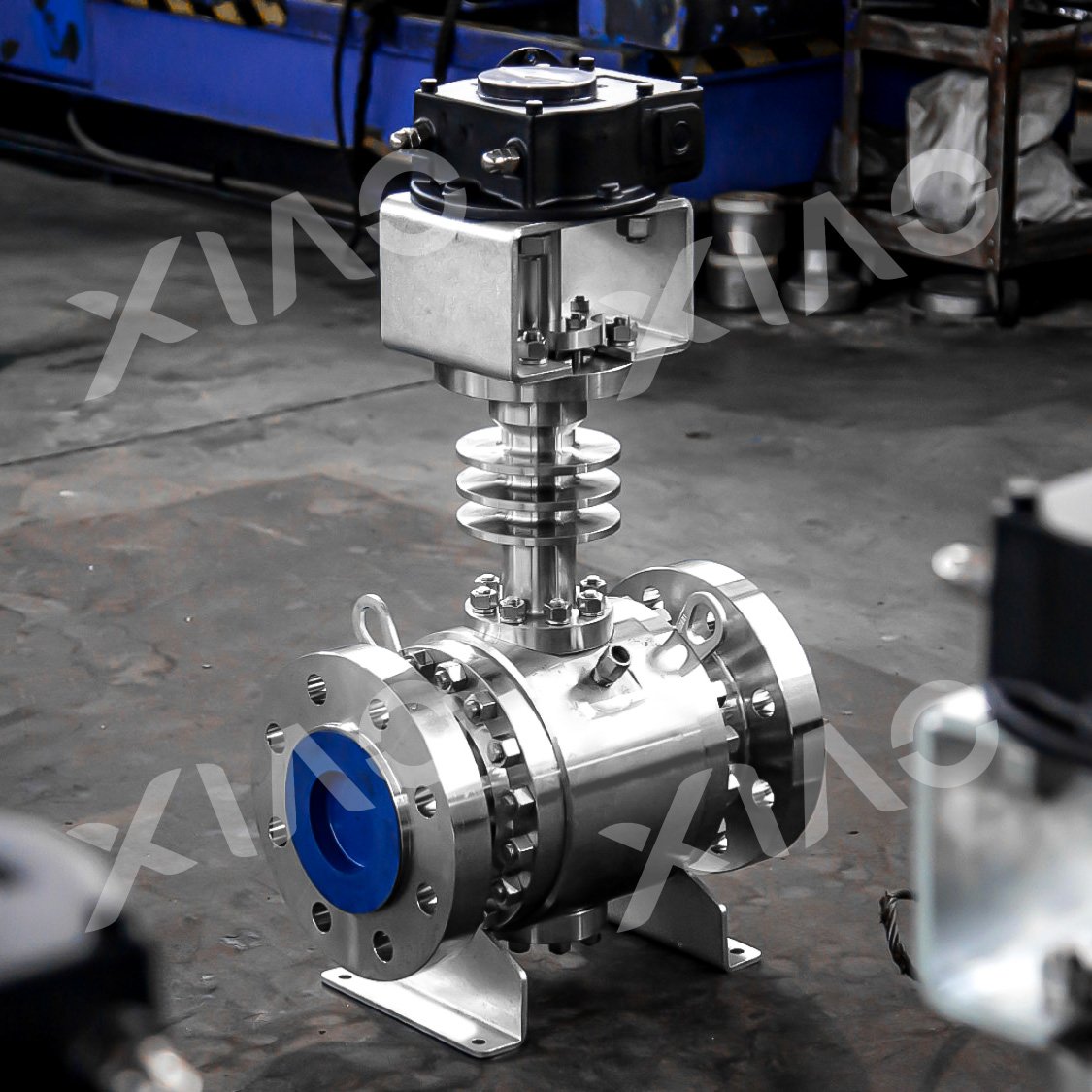Description
Ball valves that can operate at temperatures exceeding 350 ℃ are known as high-temperature valves. Strong metallic materials with a high melting point should be used to make high-temperature ball valves. As the temperature rises, certain metallic materials, including aluminum alloys, begin to deteriorate. It is not advised to utilize materials like bronze as high-temperature ball valves since they change their characteristics with increasing temperature, which may affect the fluid they are controlling. The materials used to produce a high-temperature ball valve should be the first consideration when choosing one. This is the anticipated operating temperature of that high-temperature ball valve, which needs to be in harmony with the valve’s body and internal parts. Additionally, extremely durable metallic elements with a high melting point must be used to construct the valve’s internal components. Applications for high-temperature ball valves include the metallurgy, fertilizer, chemical, petrochemical, and electric power sectors. Carbon steel and stainless steel, which have high melting points of 1425°C to 1540°C and 1400°C to 1530°C, respectively, are the most often utilized metallic materials that provide dependable operation when employed to create high-temperature ball valves. Ball valves for high temperatures can be actuated manually or using an actuator. Either bolts and nuts or welding are used to attach the valves to the pipeline.
Advantages of high-temperature ball valves
1.Withstand high temperatures without being distorted by thermal heat.
2.Durable.
3.They are versatile since they can be applied to a variety of situations.
4.Cleaned, repaired, and inspected.
5.Quick to operate.
6.The strength of these valves allows them to tolerate high pressure.
7.They are completely sealed and do not leak fluid.
8.Both manual and actuator operation are possible.
Disadvantages of high-temperature ball valves
1.Not suitable for throttling applications.
2.These valves produce water hammers and overpressure issues since they close and open quickly.
3.Solids tend to clog the cavities around seats and balls, increasing opening/closing torque and possibly leading to valve failure.

